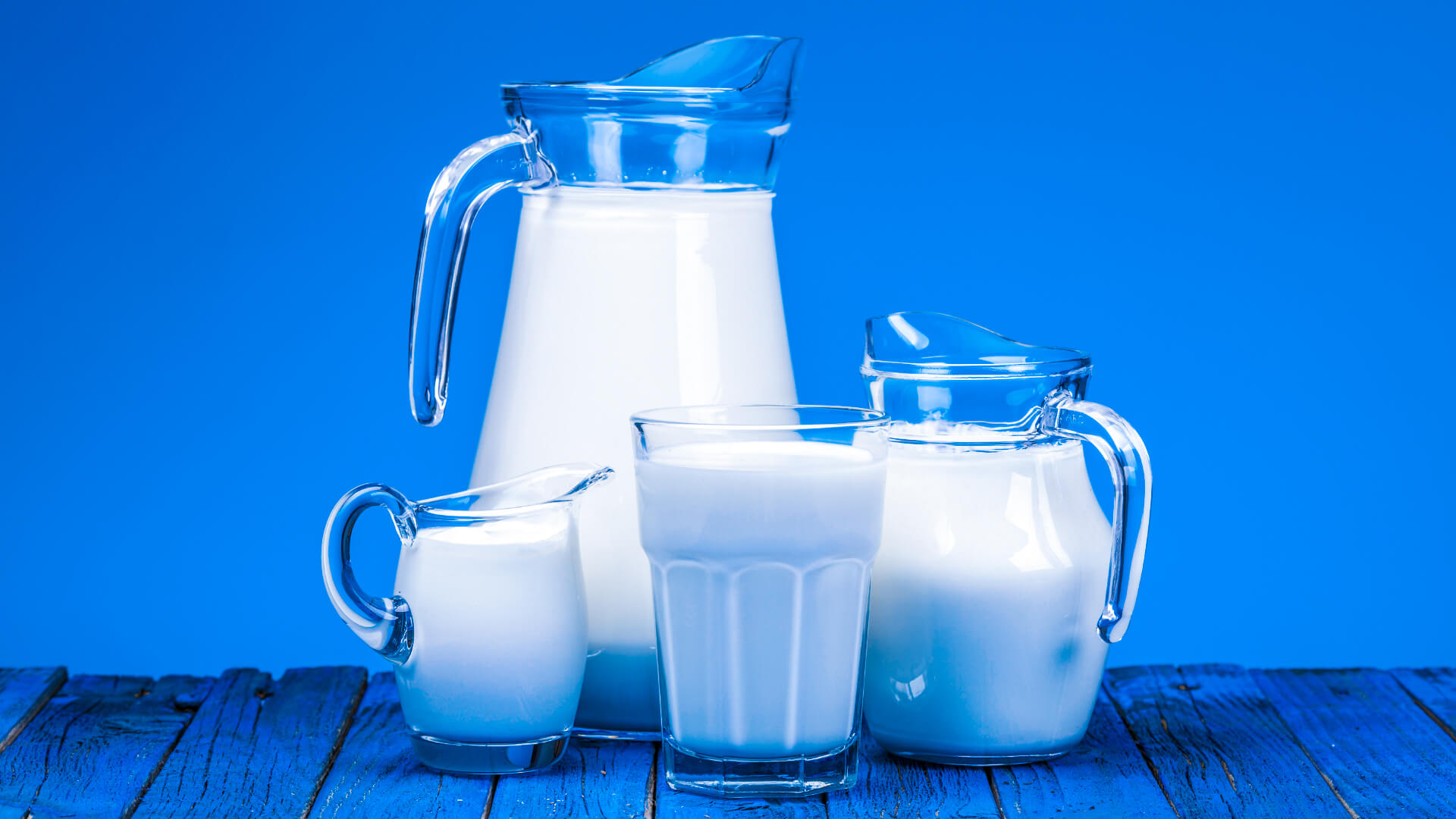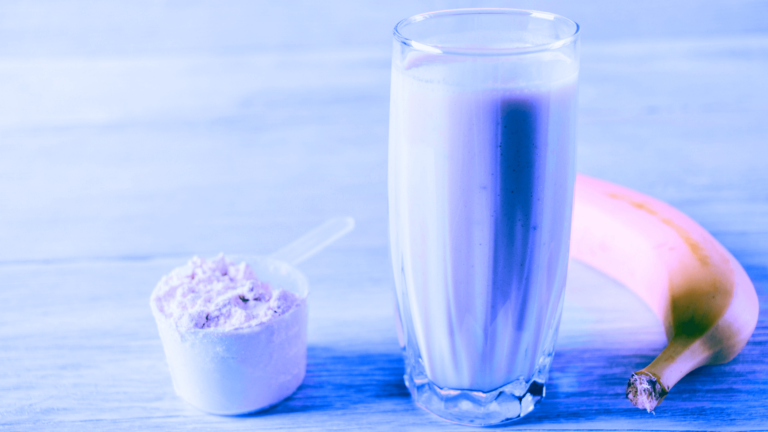MILK – what have you been told?
MILK: DOES IT DO YOUR BODY GOOD?
The food you eat is used to rebuild your body. What you put into your body, is used to repair, replace, and rebuild the very cells that create you. So with that being said, where does milk fit into this?
This could easily become a scare tactics article, so I will try to summarize my thoughts into a relatively concise manner, and not delve too far into the industrialization of milk and the widely varied theories as to why or why it’s not good for you….. So here are the basics from my perspective.
MILK ISSUES
- Hormone, Pesticide Contamination
- Lactose Issues
- Organic vs. Non-organic
- Skim vs Whole- the fat issue, also a sugar issue
The Milk your grandparents drank, is FAR FAR different from what you’re buying at Wal-Mart.
Hormone & Pesticide Contamination
If you’re living in the U.S., you have undoubtedly seen the milk does a body good ads repeatedly for about the last two decades. Millions of dollars have been spent promoting a food that is supremely touted as being healthy for you, with no mention of the widely varied contaminants found in commercial milk….
Ooops, the FDA/Milk Industry left that out of the ads. These hormones and pesticides are some seriously bad shit, many of which have never been specifically tested on human beings.
Unfortunately, they are in a sense being tested now with widespread milk consumption. There are literally poisons found in commercial dairy, a poison in the sense of something you are ingesting that is detrimental to your overall health and well-being.
A recent study from The Journal of Agriculture and Food Chemistry revealed that a single glass of milk contains traces of 20 types of painkillers, hormones, antibiotics, and pesticides.
Do you really believe that to be advantageous to your health? Would you want to feed that to your child or loved ones? Do you really want your growing child to be ingesting bovine growth hormone, or antibiotics intended for livestock?
These toxins/chemicals, are bottom line, nasty stuff, and the implications of long term ingestion is undoubtedly detrimental to your overall health.
This requires a quick primer on the milk industry… this is not a PETA rant. Commercial dairy today is far different from dairy farms even 50 years ago. It is now an industry, who’s main focus is not providing a healthy and nutritious product, the money is the bottom line. And that comes at the expense of your health and the cows health.
There are a few quick reasons as to the pesticide/hormone/antibiotics contamination in milk. This will be quick: Dairy farms are huge, and there are a lot of cows that have to eat.
They are not fed what cows naturally eat, they are fed soy, corn, and basically garbage from other manufacturing processes. This equates to sick and unhealthy cows. Since these cows are sick, they have to be pumped up full of antibiotics so they don’t die before they reach their milk production quota.
All the shit they are being fed is covered in pesticides, and is often also genetically modified (GMO’s, a whole other issue). So all this garbage is passed into the milk. Since these are basically sick and malnourished cows, their bodies don’t want to produce milk. So they are pumped full of hormones (rGBH) to stimulate milk production.

All these hormones are then passed into the milk that you are drinking. FYI: rGBH has been banned in the New Zealand, Japan, Australia, and the EU. MMMmmmmm, milk does a body good, but not really. Sick cows don’t make healthy milk, happy healthy cows make nutritious milk.
LACTOSE INTOLERANCE ISSUES
Statistics vary widely, but suggest 60-80% of Americans are lactose intolerant. Milk, does a body good! Give someone with some severe lactose issues a good old milkshake, and ask them if they think that milk is doing their body much good.
The lactose intolerance problem brings up a few quick points. If you are intolerant to milk, or any food for that matter, you shouldn’t consume it. It’s a huge hindrance on the immune system, and really screwing up your digestion.
Digestion is one of the primary bodily mechanisms in maintaining health, so once digestion starts getting out of whack, you can bet other problems are coming at some point. And some of those problems can be real shitty, no pun intended. (Chron’s, IBS, rheumatoid arthritis, immune system problems, etc.).
If you have any immune system issues, or chronic pain problems, I would definitely recommend you stop eating dairy and see if there is improvement.
Why are you lactose intolerant?
This could be for several reasons, but three big ones are gluten sensitivity, altered stomach/intestine health, milk pasteurization.
-
- Gluten Sensitivity – if you have a gluten issue, it’s likely you didn’t know this for quite some time. So you’ve been eating tons of gluten for who knows how long.This consistent ingestion of proteins (gluten is a type of protein, and there are several different types), that you have an allergy to has done a lot of destructive things to your tummy. One thing that occurs with gluten ingestion, if you have an issue with it, is that it basically destroys parts of your intestinal lining.Some of those parts are responsible for making enzymes, one of which is lactase. If you’re not making lactase, you aren’t digesting milk… No bueno
-
- Altered Stomach/Intestine Health – the standard American diet is pretty terrible. This pretty terrible diet destroys your digestive system. And a broken down digestive system sure as hell is not digesting milk. Again, your digestion is one of the major factors in your health. So when that starts to go, everything will start to go down hill.
- Pasteurization – this is rapid heating of milk with the purpose of destroying bacteria, protozoa, molds, and yeasts. What this also does, is help the commercial dairy industry to keep milk on the shelf in the store much longer…$$$$.Most importantly for this discussion is pasteurization kills off all the naturally occurring enzymes in milk that would help you digest it. Since those are now killed, and your stomach/intestines are a mess, you are now lactose intolerant!!
ORGANIC VS. NON-ORGANIC
If you don’t have any long term existing digestive issues, inflammatory issues, or auto-immune disorders, milk can be an absolutely healthy food… As long as it’s decent milk. Enter Organics.
In order to recieve Organic labeling through the USDA, dairy cows must NOT be treated with hormones (rGBH being a big one), or antibiotics, and are given feed that is not treated with pesticide.
That’s a pretty win-win situation, except for the issue of homogenation and pasteurization. Organic milk is definitely a better option, AS LONG AS, you have no underlying digestive issues, chronic inflammation, or consistent “issues” of any kind.
I generally recommend all clients to avoid all dairy for 3-4 weeks. And then reintroduce it and see if any problems arise. Organic milk is still pasteurized….. the milk your grand momma was drinking was definitely not.
In my personal opinion, as well as many other very smart people within the world of nutrition and healing, this super heating of milk can really diminish it’s overall quality and the benefits of milk in it’s natural state.
If you can’t find RAW milk, and you don’t negatively react to lactose, then drink some Organic WHOLE milk ( yes, the type with the fat….. if you want to be healthy you’ve got to get over the fat phobia).
Non-organic commercial milk is basically a poison, and is not helping you improve your health.
SKIM VS. WHOLE
This is an issue of fat, and sugar. Never in the history of milk consumption, until the last 30 or so years, was there such a thing as Skim Milk…And people seemed to do OK. Skim milk is absolutely not helping you get thin, nor is it contributing to your health.
Skim milk is straight up garbage, and compound that with commercially farmed skim milk, and that shit is literally sucking away at your life. Not too mention it tastes like water with chalk dust…. MMMmm, does a body good.
So what’s the problem with skim milk?
1) it’s got no fat!!
2) It’s just sugar water, because it’s got no fat!
Get over the fat phobia that has pervaded America for the last 40 years. And realize that saturated fat is not a demonic contributor to your shitty health, or the sole contributor to the obesity problem in America.
Saturated fat (high quality sat. fat*) is needed for: proper lung function, proper brain function, calcium metabolism, proper cell function satiety, on and on and on.
The human body has become what it is today due to the foods our ancestors ate, and saturated fat (meat/coconuts/milk) was high on that list, skim milk and unsaturated vegetable oils were definitely not.
RAW milk is a great source of high quality saturated fat, and a ton of other beneficial nutrients, so drink it.
So what’s the sugar issue? Milk has lactose, which is a sugar. A disacharride made of glucose and galactose. When milk is consumed, it is quickly broken down into it’s components, proteins, fats, etc, and then those are digested.
Lactose is quickly broken down in the digestive tract to a more simple form of sugar, and then quickly absorbed. Skim milk contains no fat, so there is nothing to slow the absorption of sugar.
This leads to a spike in your blood sugar, which triggers a hormonal cascade that is stressful to the body. And pretty much inhibits fat loss. Hooray for skim milk………. not really, it sucks, don’t drink it.
Skim milk also has powdered milk added back into it for aesthetic reasons and to boost protein content. The process to make powdered milk oxidizes the cholesterol in the milk, and oxidized cholesterol is definitely something you want to stay away from.
All in all, Skim Milk is some pretty terrible stuff, and is definitely not helping you to lead a healthy performance filled life.
* I say high quality because as with any type of food, it’s only as good as its source. Low quality commercial meat, has low quality saturated fat. RAW grass-fed cow milk is an excellent source of high quality saturated fat.
SO, SHOULD YOU DRINK IT?
Milk can be an EXCELLENT food source, containing protein, fat, and carbohydrate. And chock full of essential vitamins A, D, E, and K, as well as CLA…All really good things for your body.
But milk can also be detrimental to your overall health for varying reasons, potentially stressful on your digestive system and immune system.
If you can get your hands on RAW grass-fed milk, absolutely drink the stuff. If you can’t, the next best thing in my opinion would be organic whole milk. Other than those two options, I wouldn’t really recommend you consume the stuff.
These are my opinions, which have been formed by reading extensively, a bit of rational consideration, and understanding what has helped me and those close to me.
I am not a nutritionist, but firmly believe in what I’ve written. And have seen others improve their own health, well-being, and performance utilizing this information and the other nutrition info presented on this site.








Really good information here. Just recently read an article explaining the benefits of organic over non-organic, and is it worth the extra expense. They felt, as you do, that milk is most definately one of the food items you should do an an organic ! They included in their list leafy greens,(especially spinach) and meats, due to the high levels of hormones and pesticides given to cows and chickens exactly as you descibe in this blog.
Cris, I love your workouts and am currently going through the surf success program.
I would like to point out a paper that researched the topic of raw milk. I would recommend you give it a quick look. Here is the source. You may be surprised.
https://www.sciencedirect.com/science/article/pii/S095671351200535X